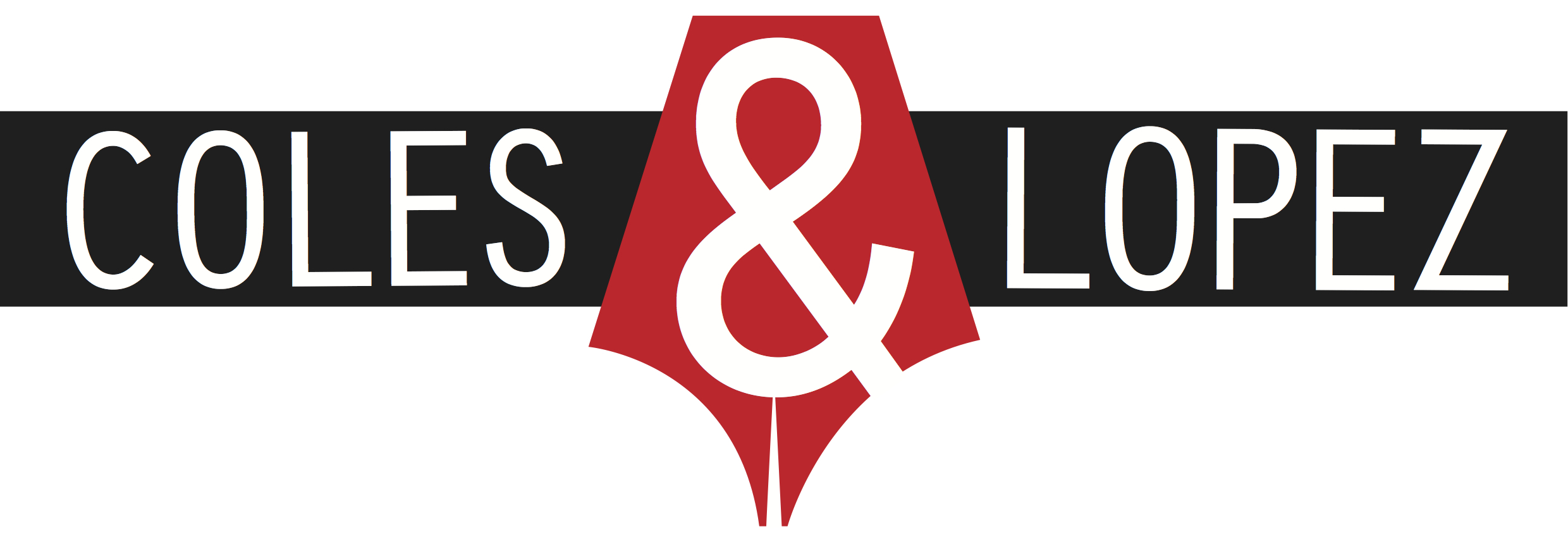Would that it were so simple
Beyoncé, The Platters and Cat Stevens get it. The Doors, Justin Bieber and Drake don’t get it.
Can you guess what “it” is? (And, follow-up question, is there a human alive who’s familiar with the music of all six artists?)
I’m talking about when to use “were” instead of “was” – or, more technically, the difference between the past subjunctive and the past indicative.
What does Ralph Fiennes have to do with anything? Read on.
Tenses and moods
Most of us know that verbs have tenses: past, present and future (and several subcategories of those three).
A lesser-known fact is that verbs also have moods. Moods show the tone with which the sentence is written or said. There are three moods: indicative, subjunctive and imperative.
The indicative is the most common mood. In fact, every single sentence in this blog post, so far, has been in the indicative. We use it to talk about facts – stating that something is or isn’t true, or asking if something is true.
The subjunctive, on the other hand, is used to talk about imaginary situations – things that aren’t actually real.
(For today’s purposes, we don’t need to talk about the imperative, but I’ll tell you anyway: We use the imperative to give commands or instructions.)
Back to Beyoncé and the gang
Here are the examples I mentioned above, starting with the correct ones:
If I were a boy / Even just for a day /
I’d roll outta bed in the morning / And throw on what I wanted and go
Saw you dancing last night with someone / Wish it were me, wish it were me /
Dancing with you / Wish it were true
If they were right, I’d agree / But it’s them they know, not me /
Now there’s a way, and I know / That I have to go away
And the incorrect ones:
You know that it would be untrue / You know that I would be a liar /
If I was to say to you / Girl, we couldn't get much higher
If I was your boyfriend / I’d never let you go /
I can take you places you ain’t never been before
She say she hate that she love me / And she wish I was average /
S**t, sometimes I wish the same / And I wish she wasn’t married
These lyrics are all in the past subjunctive – that is, the past tense and the subjunctive mood.
We use the past subjunctive in two contexts:
(1) Counterfactual if statements. These describe how things would be if something were true, although it's not. If they were right, I'd agree (but they're not).
(2) Wishful statements. These describe something that isn't true but that the subject wishes were true. Wish it were me dancing with you (but it's not).
Confusingly, the “past” in “past tense” has nothing to do with time, in this case. It doesn’t mean these things happened in the past. It just describes the particular form of verb that we’re using.
Here's the important part: In the past subjunctive, the verb “to be” always takes the form “were”, no matter whether the subject (doer) of the sentence is I, you, he, she, it, we or they.
Where did Jim Morrison go wrong?
The confusion stems from the fact that “were” has more than one job in the English language.
As I said before, we use the indicative mood far more often than we use the subjunctive mood. Here’s how we conjugate the verb “to be” in both cases:
Past indicative
I was
You were
He/she/it was
We were
They were
Past subjunctive
I were
You were
He/she/it were
We were
They were
We’re very used to the rule for the indicative mood – that “be” becomes either “was” or “were”, depending on the subject. So we assume that the same rule applies in the subjunctive mood. But we’re wrong – the past subjunctive form of “be” is always “were”, no matter what.
In a nutshell
To describe a wish, or to describe how things would be if something were true (even though it isn’t actually true), we use the past subjunctive. The past subjunctive form of “to be” is always “were”, no matter who or what the subject (doer) of the sentence is.
In case you’re wondering …
The title of this blog post comes from this scene from the latest Coen brothers movie, Hail, Caesar! “Would” is an old-fashioned way of saying “I wish”, so Laurence Laurentz is saying “I wish it were so simple” – and totally nailing the past subjunctive, of course.

